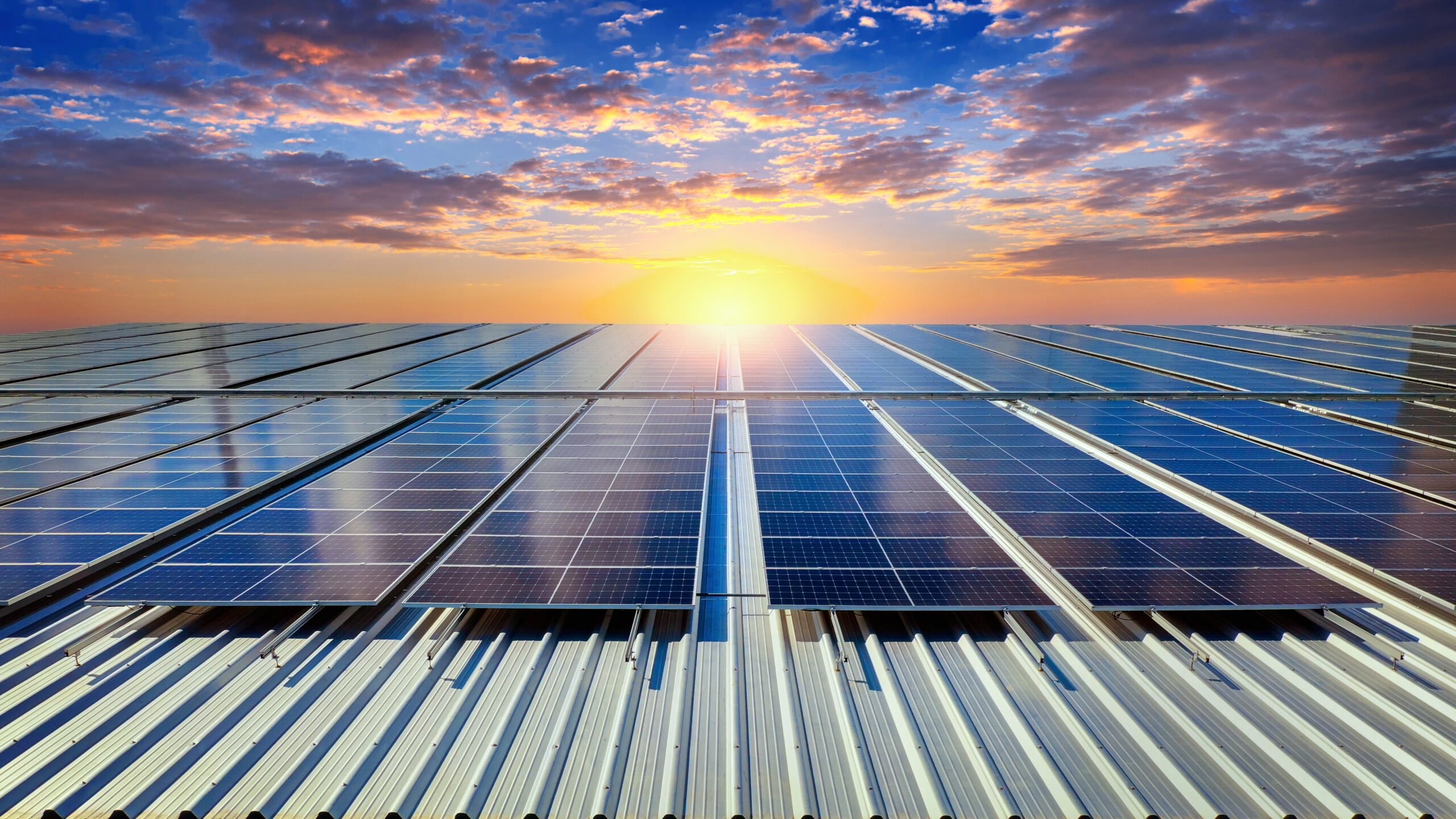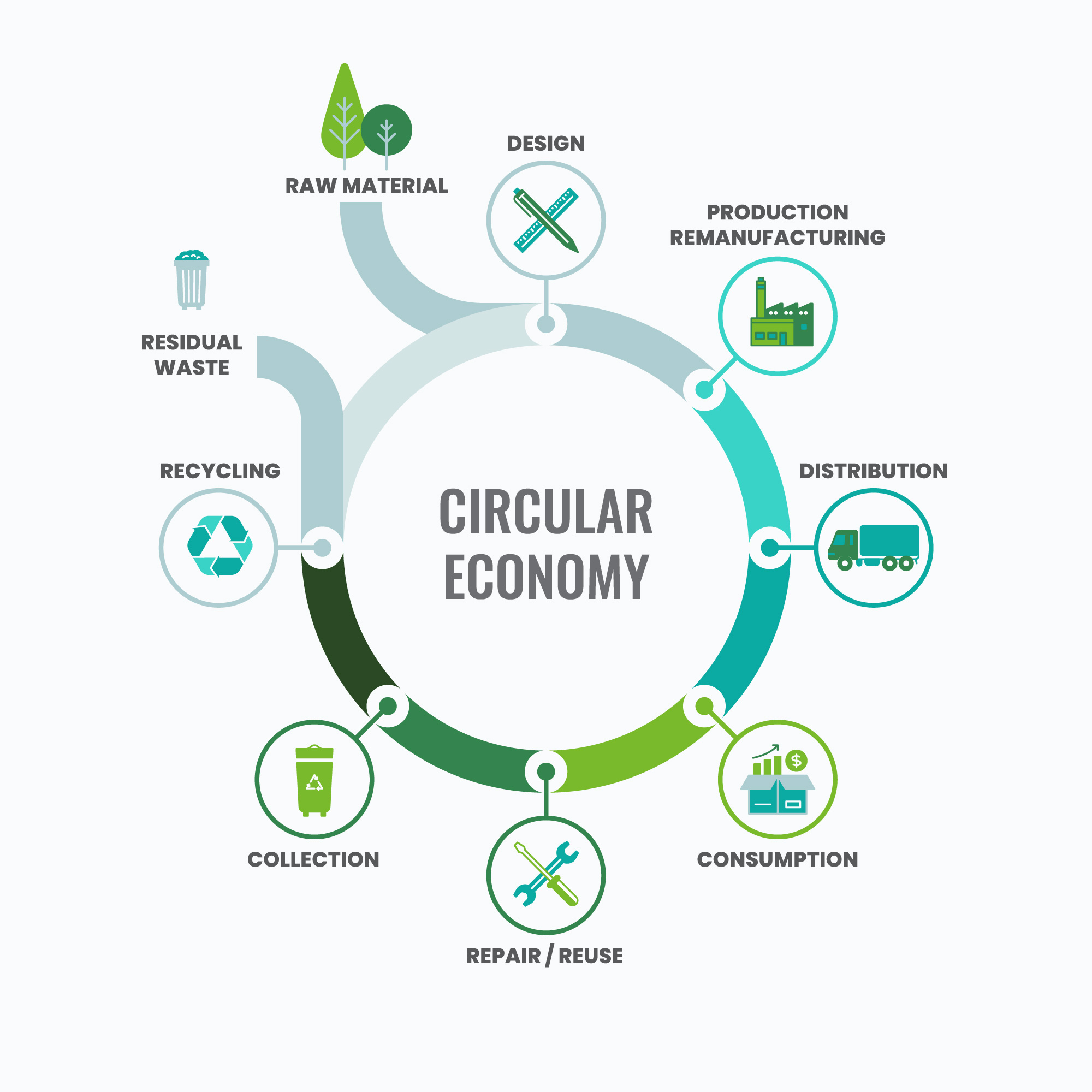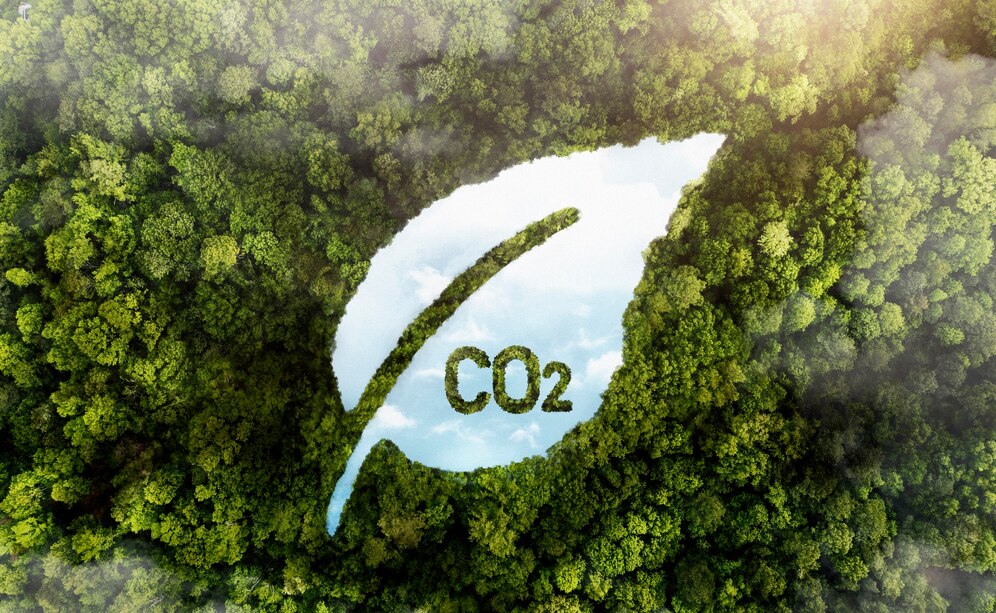By 2025, the construction industry is poised to implement several key sustainability goals that will shape its future. These goals encompass a broad spectrum, from material innovation to energy efficiency and waste reduction. The drive for sustainability in construction is not just a trend but a crucial shift aimed at reducing environmental impact, enhancing energy efficiency, and fostering social responsibility.
Reducing Carbon Emissions
One of the most pressing sustainability goals for the construction industry is significantly reducing carbon emissions. The construction sector is a major contributor to global greenhouse gas emissions, largely due to the energy-intensive processes involved in material production, construction, and operation of buildings. By 2025, there is an ambitious target to cut emissions by 30% compared to 2020 levels.
To achieve this, the industry is focusing on several strategies. First, there is a push towards the use of low-carbon materials such as engineered timber, which has a smaller carbon footprint compared to traditional concrete and steel. Additionally, the adoption of carbon capture technologies and the optimization of construction processes through digital tools like Building Information Modeling (BIM) are expected to play a significant role.
Enhancing Energy Efficiency
Energy efficiency remains a cornerstone of sustainability in construction. By 2025, the goal is for all new buildings to achieve net-zero energy status, meaning they will produce as much energy as they consume over the course of a year. This is being driven by advancements in building technologies and stricter regulations.
Key measures include the integration of renewable energy sources such as solar panels and wind turbines, as well as advanced insulation materials that reduce heating and cooling demands. Smart building systems that optimize energy use through real-time data and automation are also becoming more prevalent, allowing buildings to operate more efficiently and sustainably.

Improving Indoor Air Quality
Sustainability extends beyond environmental impacts to encompass human health and well-being. As part of the 2025 sustainability goals, there is an increased focus on improving indoor air quality (IAQ) in buildings. Poor IAQ can lead to health issues such as respiratory problems and decreased productivity.
To enhance IAQ, the industry is emphasizing the use of non-toxic materials and finishes, improved ventilation systems, and the incorporation of green spaces and biophilic design elements. Regular monitoring and maintenance of air quality systems are also crucial to ensuring that indoor environments remain healthy for occupants.
Implementing Green Building Certifications
Green building certifications such as LEED (Leadership in Energy and Environmental Design) and BREEAM (Building Research Establishment Environmental Assessment Method) are becoming more influential in setting sustainability standards. By 2025, there is an expectation that a higher percentage of new construction projects will achieve these certifications, reflecting a commitment to sustainability.
These certifications require adherence to strict environmental criteria, including energy efficiency, water conservation, and sustainable material use. Achieving such certifications not only demonstrates a commitment to sustainability but can also provide financial benefits, such as reduced operational costs and increased property value.
Promoting Circular Economy Practices
The traditional linear model of “take-make-dispose” is being replaced by a circular economy approach, where materials and resources are continuously reused and recycled. By 2025, the construction industry aims to adopt circular economy principles more widely, reducing the volume of waste sent to landfills and minimizing the need for virgin materials.
This involves designing buildings with their entire lifecycle in mind, using materials that can be easily deconstructed and reused. For instance, modular construction techniques allow for components to be disassembled and repurposed, extending their life cycle and reducing waste. Recycling construction debris into new materials is also gaining traction, further supporting the move towards a circular economy.

Advancing Sustainable Construction Technologies
Technological innovation is a driving force behind sustainability in construction. By 2025, we can expect significant advancements in sustainable construction technologies. This includes the increased use of prefabrication and modular construction, which can reduce waste and construction time while improving quality control.
3D printing is also emerging as a transformative technology, allowing for the creation of complex building components with minimal waste. Additionally, advancements in drone technology and robotics are enhancing precision and efficiency in construction processes, further contributing to sustainability goals.
Fostering Collaboration and Education
Achieving sustainability goals requires collaboration across the industry and a commitment to ongoing education. By 2025, there is a strong emphasis on fostering collaboration between architects, engineers, contractors, and policymakers to develop and implement sustainable practices.
Educational initiatives are also crucial, ensuring that professionals are equipped with the knowledge and skills needed to adopt and advocate for sustainable practices. Training programs, workshops, and industry conferences play a vital role in spreading awareness and driving innovation in sustainability.
Green building engineers and professionals working in sustainable construction and design often obtain specialized certifications to demonstrate their expertise in green building standards and practices. Key certifications include:
Issued by: U.S. Green Building Council (USGBC)
Focus Areas: Sustainable building methods, energy efficiency, water conservation, indoor air quality, and site sustainability.
Issued by: Building Research Establishment (BRE), UK
Focus Areas: Sustainable construction, energy management, waste reduction, material efficiency, water management, and ecological impact.
Issued by: Green Building Initiative (GBI)
Focus Areas: Understanding the Green Globes rating system, sustainable building practices, project evaluation, and assisting projects in achieving Green Globes certification.
Issued by: Association of Energy Engineers (AEE)
Focus Areas: Energy efficiency, sustainable energy management, and optimizing energy use in buildings.
Issued by: International Building Performance Simulation Association (IBPSA) Canada
Focus Areas: Energy modeling and simulation for buildings, analyzing energy performance, and supporting sustainable design.


